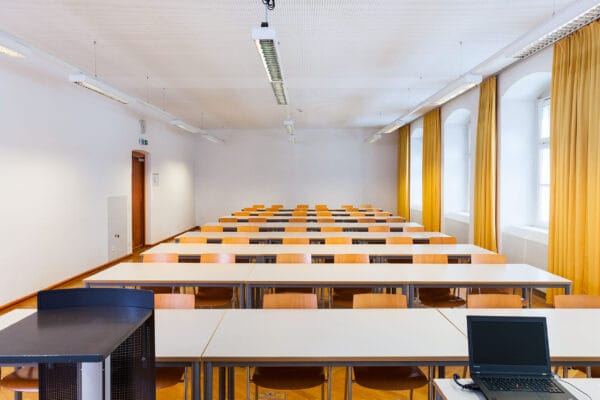
NAME:
Theologie – SR VI
BUILDING:
Theologie
FLOOR:
1
TYPE:
Seminar Room
CAPACITY:
48
ACCESS:
Only Participants
EQUIPMENT:
Beamer, PC, WLAN (Eduroam), Overhead, Flipchart, Blackboard, Handicapped Accessible, LAN, Speaker Desk
By combining diverse knowledge domains in the pursuit of solution-oriented knowledge, transdisciplinary research has the potential to help transform mountain regions towards Living Well. However, few studies assess the capacity of transdisciplinary research to generate transformative change. Addressing this gap for mountain regions and ecosystems is pressing due to their sensitivity to global change and their critical importance for a good quality of life. In this paper, we analyse the transformative capacity of four transdisciplinary research cases in the European Alps over the medium-term. Our qualitative method i) characterizes the transdisciplinary research, ii) characterizes the transformative changes experienced by its target unit, and iii) develops a theory of change linking transdisciplinary research and transformative changes. Our results show that despite the challenges of causality attribution discussed in the literature, it is possible to disentangle transformative effects of transdisciplinary research. These effects include the promotion of products, services, strategies and policies that address persistent unsustainable trends in mountains while relying on and enhancing local resources, social participation and economic diversification. We discuss key characteristics of transdisciplinary research that help explain these effects as well as their link with the notion of Living Well. Our approach can contribute to the nascent paradigm of transformative research and help improve assessments of the societal impacts of transdisciplinarity.
